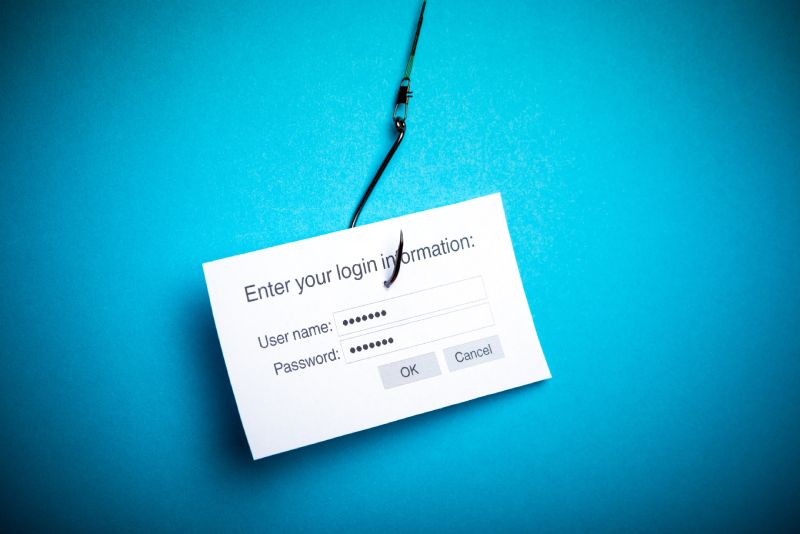Bitcoin Scams Explained
Bitcoin, the first and most well-known cryptocurrency, has gained widespread popularity, but its rising prominence has also attracted the attention of scammers looking to exploit unsuspecting individuals. Bitcoin scams come in various forms, each leveraging different tactics to deceive and defraud users. Understanding these scams is crucial for individuals to protect themselves in the evolving landscape of digital assets.
Phishing Scams
Phishing scams involve tricking individuals into providing sensitive information by pretending to be a trustworthy entity. In the context of bitcoin, scammers create fake websites or emails that closely resemble legitimate cryptocurrency exchanges or wallet providers. Unsuspecting users may unwittingly share their private keys or login credentials, enabling scammers to gain unauthorized access to their cryptocurrency holdings. To avoid falling victim to phishing scams, users should always double-check website URLs, employ two-factor authentication, and exercise caution with unsolicited emails or messages.

Ponzi Schemes
Ponzi schemes promise high returns on investments, relying on funds from new investors to pay returns to earlier participants. These schemes create an illusion of profitability until they inevitably collapse, leaving most investors with significant losses. Red flags include promises of unrealistically high returns and a lack of transparency regarding how profits are generated. Potential investors should conduct thorough research, exercise skepticism, and be wary of investment opportunities that seem too good to be true.
Fake ICOs (Initial Coin Offerings)
Initial Coin Offerings (ICOs) involve the fundraising process for new cryptocurrency projects. Scammers exploit this by creating fake ICOs, promoting non-existent cryptocurrencies, and encouraging individuals to invest. Once they accumulate sufficient funds, the scammers disappear, leaving investors with losses. To avoid falling prey to fake ICOs, individuals should only invest in well-reviewed projects, research the project’s team and fundamentals, and remain cautious of overly optimistic promises.

Scammers often establish fraudulent cryptocurrency exchanges that mimic legitimate platforms. Users deposit funds with the expectation of trading or investing, only to find that they cannot withdraw their money. It is crucial to use well-known and reputable exchanges, verify security features, read user reviews, and ensure regulatory compliance before engaging with any platform.
Bitcoin mining, the process of validating transactions on the blockchain, has become a target for scammers who offer fake cloud mining services. These services promise high returns on investments in mining operations, but in reality, they lack the necessary mining hardware, leading investors to lose their funds. To avoid falling victim to mining scams, individuals should thoroughly research mining companies before investing and exercise caution with services that guarantee profits.
Impersonation scams involve scammers posing as famous personalities, companies, or influencers on social media platforms. They request bitcoin donations or investments, preying on the trust of their followers. Verifying the identity of the person or organisation making the request is essential, especially on social media platforms where impersonation is prevalent.
Ransomware attacks target individuals and organisations by encrypting files and demanding a bitcoin ransom for the decryption key. Prevention measures include regularly backing up data, using reputable antivirus software, and avoiding suspicious links or downloads.
Fake wallet scams involve scammers creating fraudulent cryptocurrency wallets that steal users’ private keys or login credentials. To protect themselves, users should only download wallets from official sources, use hardware wallets for long-term storage, and exercise caution with third-party applications.
In conclusion, the cryptocurrency space, while revolutionary, poses risks due to the prevalence of bitcoin scams. Vigilance, skepticism, and thorough research are crucial for individuals seeking to navigate this landscape safely. By staying informed and adopting security best practices, users can mitigate the risks associated with bitcoin and all other cryptocurrencies.

